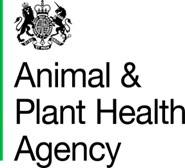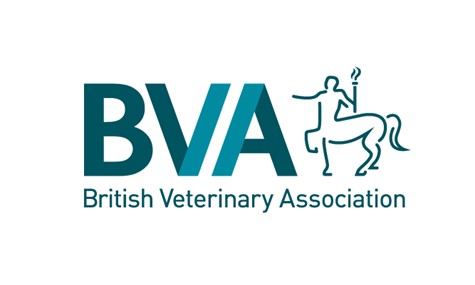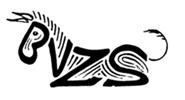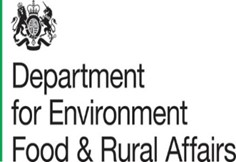








Guidance on mitigating the effects of supply chain issue
Background
| There is likely to be a problem in the UK with the supply of dead rodents used as feed for pet snakes and other pet animals. Monkfield Nutrition recalls frozen Feeder Mice products for feeding reptiles because of the presence of Salmonella | Food Standards Agency It can be difficult to find alternative feed for snakes. Snake owners and others using frozen rodents as food for non-reptile species may be worried. The shortage should be short-term. There should be sufficient rodents to maintain animal welfare for all snakes and other animals, including birds, that need to be fed rodents, if owners adapt their current feeding routines. |
Wholesalers and Retailers
- The shortages may mean that wholesalers and retailers will need to ration sales to avoid stockpiling, ensure fair allocation of feed and minimise potential welfare issues.
- Please work with your normal supplier who will be best placed to provide the most up to date information that is available.
Keepers using Rodents as part of a mixed diet for non-reptile species
- We ask people who use rodents as part of a mixed diet for non-reptile species (such as zoos and those who keep birds of prey such as falcons) to use alternative food items for now where this can be done safely without adversely affecting animal welfare.
- This should maintain adequate availability of feeder rodents and so protect the welfare of snakes and the small number of other animals that are unable to accept any other feed.
Captive Snakes
Extending feeding intervals
- Almost all healthy normal captive snakes that are wholly dependent on rodent food can have increased intervals between feeds. The intervals can be twice as long as at present and this can continue for up to two months.
- Feeding should continue regularly with extended intervals between feeds rather than being stopped altogether.
Husbandry conditions
- Snake husbandry conditions, including their vivarium temperature range, should not be altered from normal.
- Reducing vivarium temperatures is more likely to result in immunosuppression and resulting illness than have any beneficial effects with reduced feeding.
Avoid force feeding
- Force feeding of healthy snakes is not recommended, as this is stressful for snakes, risks injuries to both snakes and handlers, and can sometimes make snakes averse to feeding normally after this.
Seeking Veterinary Advice
- Snakes that are ill, currently on veterinary treatment, or emaciated should see a veterinary surgeon competent in dealing with reptiles if there is any doubt as to their being able to cope with a temporary reduction in feeding interval.
- Local veterinary surgeons prepared to treat reptiles can be found through the Royal College of Veterinary Surgeons’ “Find a Vet” function.
Page updated 9 December 2021.
Useful Links
General guidance on reptiles and salmonella can be found below: